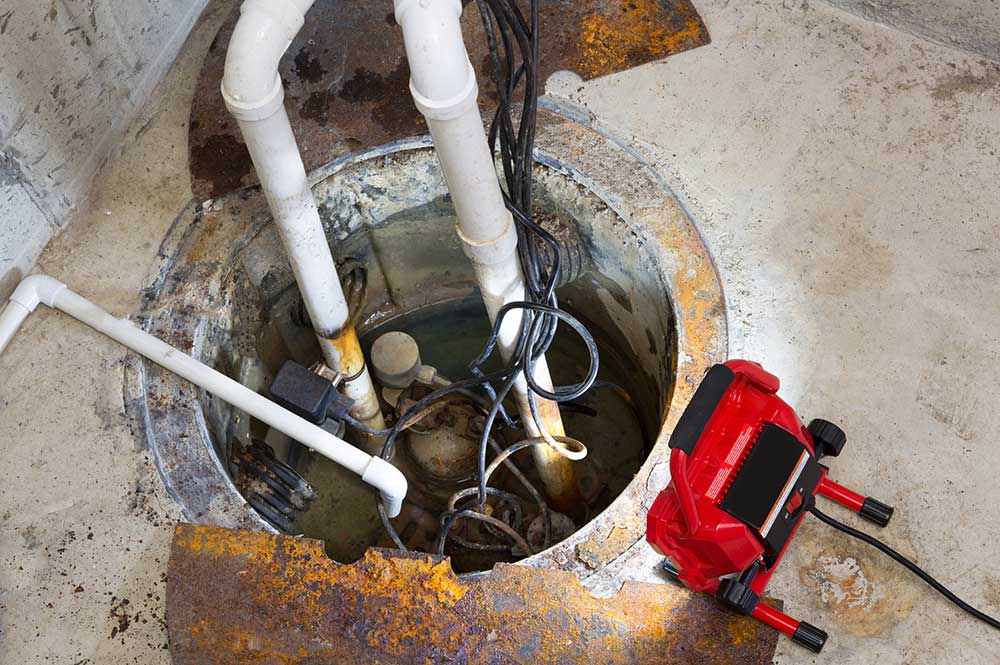Recognizing the Key Parts of Effective Water Filtering Systems

Significance of Water Filtration Equipment
Water filtering systems play an important duty in making certain access to clean and risk-free alcohol consumption water by efficiently removing pollutants and contaminants. These systems are essential in addressing the growing problems over water quality and the prospective health and wellness threats connected with taking in polluted water. By making use of numerous filtering systems such as reverse osmosis, activated carbon, and UV sanitation, water purification systems can efficiently remove damaging substances like germs, infections, hefty metals, and chemicals from the supply of water.
Furthermore, water filtering systems aid to improve the taste and smell of water by eliminating chlorine, sediments, and other contaminants that can affect its quality. Water Filtration Systems. This improvement in water top quality not just makes it more tasty but likewise motivates individuals to consume an ample amount of water daily, advertising better hydration and overall health
Kinds Of Filtration Components

Physical filters are developed to literally stress out pollutants from the water. These filters can be made of materials like ceramic, carbon, and even sand, and they work by trapping fragments larger than the filter's pores as water passes with.
Chemical filters make use of numerous chemical procedures to remove contaminants from the water. Instances include activated carbon filters, which adsorb pollutants, and reverse osmosis membrane layers, which utilize stress to separate impurities from the water.
Organic filters utilize living microorganisms like germs or algae to break down organic matter and contaminants in the water. These filters are often utilized in wastewater treatment plants or natural water purification systems.
Comprehending the different kinds of filtration components is vital for picking one of the most ideal water purification system for details purification requirements.
Function of Debris Filters
Debris filters play a critical function in water purification systems by effectively recording solid particles suspended in the water. These filters are commonly the first line of defense in a filtering system, eliminating bigger fragments such as sand, silt, dirt, and corrosion prior to the water relocates through finer purification phases. By capturing these debris, the filters avoid them from getting to downstream components, thus extending the lifespan and effectiveness of the entire system.
Disregarding this upkeep can lead to blocking, minimized water flow, and jeopardized purification effectiveness. In general, debris filters are vital components that add dramatically to the efficiency of water filtering systems.
Role of Activated Carbon Filters
Playing a vital role in water filtration systems, triggered carbon filters are instrumental in getting rid of contaminations and impurities from the water supply. As water passes through the filter, the activated carbon brings in and holds onto the impurities, guaranteeing that the water that comes out on the other side is cleaner and more secure for consumption.
Triggered carbon filters are highly effective at boosting the taste and odor of water by reducing chemicals that can affect its top quality. They are also with the ability of removing certain hefty steels like lead and mercury. Furthermore, these filters can help prevent the accumulation of germs and algae in water, additional enhancing its general top quality. Due to their adaptability and integrity, turned on carbon filters are an essential element in making sure that water is detoxified to the highest possible standards prior to reaching consumers.
Comprehending Reverse Osmosis Solutions
Reverse you can try this out osmosis systems are sophisticated water filtering systems that utilize a sophisticated procedure to remove this link pollutants and pollutants from alcohol consumption water. These systems work by applying stress to the water, forcing it through a semi-permeable membrane. This membrane layer functions as a barrier, permitting only pure water molecules to pass through, while obstructing larger particles such as minerals, chemicals, and other impurities. Consequently, the water that appears beyond is considerably cleaner and safer for usage.
In addition, reverse osmosis systems are relatively low-maintenance and can be installed under the sink or in a main filtration system, providing hassle-free access to tidy water throughout the family. In general, comprehending exactly how reverse osmosis systems function can help people make informed choices concerning their water filtration needs.
Final Thought
Finally, efficient water filtering systems are essential for ensuring clean and secure drinking water. The key parts of these systems include debris filters, turned on carbon filters, and reverse osmosis systems. By comprehending the function and duty of each element, people can make educated choices when selecting a water filtering system. It is very important to prioritize the high quality of water in order to promote general wellness and well-being.
Water filtering systems play an essential role in making certain access to risk-free and tidy drinking water by properly removing pollutants and contaminations. By making use of different her comment is here filtration mechanisms such as reverse osmosis, triggered carbon, and UV sanitation, water filtration systems can efficiently get rid of unsafe substances like microorganisms, infections, heavy steels, and chemicals from the water supply.
Sediment filters play a critical function in water purification systems by properly capturing solid fragments suspended in the water (Well Pump Replacement).Playing a vital role in water filtering systems, turned on carbon filters are instrumental in removing impurities and impurities from the water supply.Reverse osmosis systems are innovative water filtration systems that use an innovative procedure to get rid of impurities and impurities from alcohol consumption water